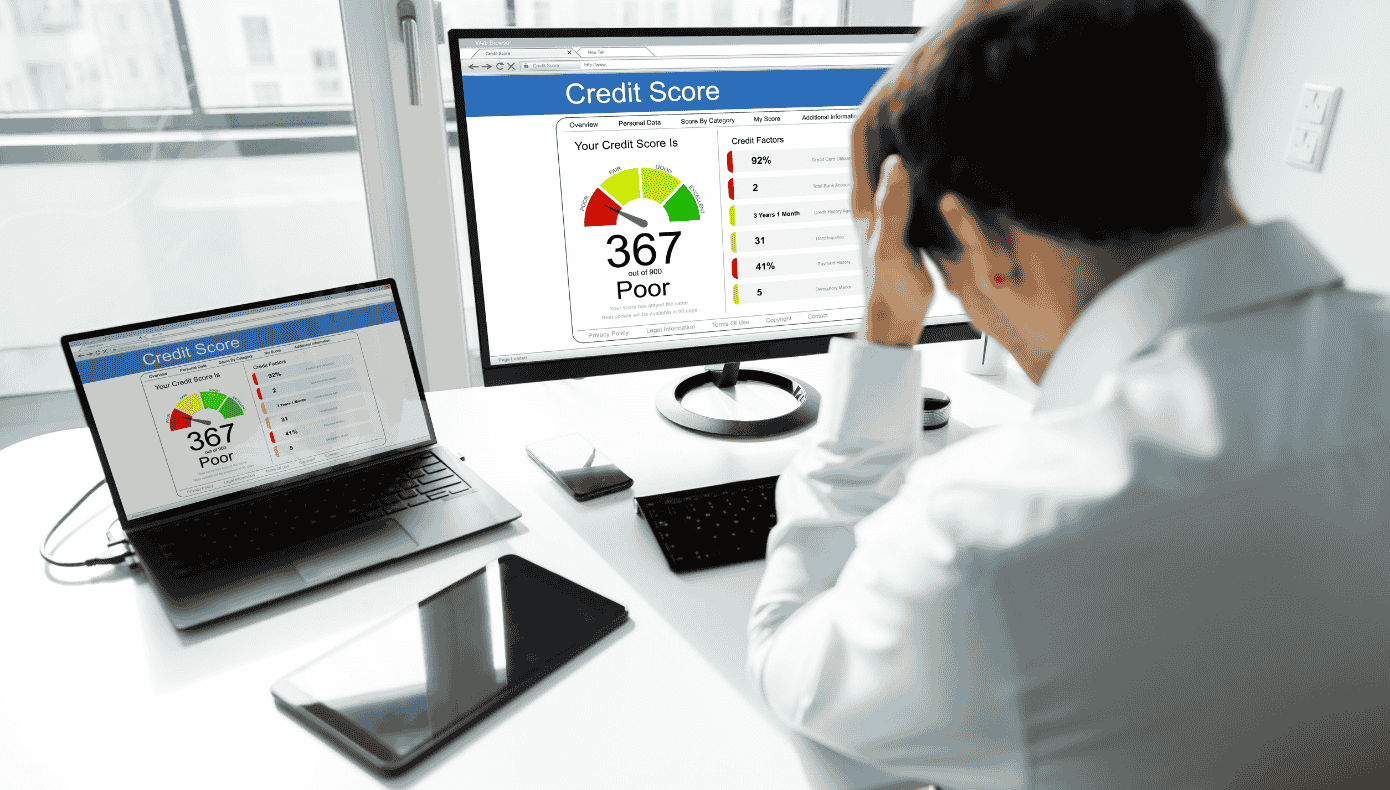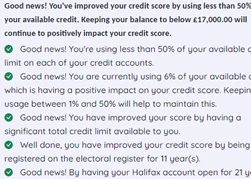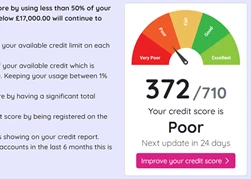The Hidden Ways Poor Credit Can Impact Your Daily Life

22nd Aug 2025
Most people associate credit scores with applying for a loan or credit card. And those are obvious examples. But poor credit affects far more than borrowing. In fact, there are hidden ways poor credit can impact your daily life, from higher utility bills to limited housing options - often without you even realising it.
Bad credit can creep into your financial life in unexpected ways. It can raise the cost of your bills, make renting more difficult, limit your job opportunities, and even affect your mental wellbeing. Let’s explore the biggest hidden impacts and how you can protect yourself.
1. It Can Make Your Bills More Expensive
One of the most common hidden ways poor credit can impact your daily life is by increasing the cost of essentials like electricity, gas, and broadband. Utility companies often check your credit score before opening an account. If your score is low, they may:
- · Ask for a higher upfront deposit
- · Put you on a prepayment meter (often more expensive long-term)
The same goes for mobile phone contracts. Providers usually run credit checks before approval. A poor score may restrict you to pay-as-you-go deals, which are less convenient and pricier for heavy usage.
2. Renting a Home Becomes More Difficult
In today’s competitive property market, landlords and letting agents often run credit checks to ensure tenants are financially reliable. With poor credit, you may face:
- · Requiring a guarantor
- · Paying a larger security deposit
- · Being refused a tenancy in favour of applicants with better financial history
Even if you can afford the rent, a low score can limit your housing options.
3. Everyday Credit Applications May Be Declined
Credit isn’t just about mortgages or car loans. Many everyday purchases - like furniture, electronics, or even flights paid in instalments - require credit checks.
With a low score, you risk being declined for these plans. That means paying upfront instead, restricting your financial flexibility and choices.
4. Insurance Premiums Could Be Higher
While not as common in the UK as elsewhere, some insurers use credit history when setting premiums. A good score suggests lower risk, while poor credit may lead to:
- · Higher car insurance costs
- · More expensive home insurance
- · Increased monthly premiums for phone or gadget cover
Poor credit won’t usually prevent you from getting insured, but it can certainly make it costlier.
5. Certain Jobs May Be Out of Reach
Some employers - particularly in finance, government, or high-responsibility roles - run credit checks during the hiring process. They want assurance that candidates are financially stable and trustworthy.
As a result, poor credit can quietly hold back your career, even if your skills and experience are strong.
6. Deposits for Services Can Be Higher
From car rentals to gym memberships, many service providers ask for deposits when poor credit is detected. While refundable, these deposits tie up your money unnecessarily - limiting your cash flow.
7. It Can Affect Your Mental Wellbeing
Financial stress and poor mental health often go hand-in-hand. Worrying about being rejected for services, judged by lenders, or constantly paying more than others can create anxiety and frustration.
Improving your credit isn’t just about money - it’s also about reducing stress and regaining control of your future.
How to Lessen the Effects of Bad Credit?
The good news is that bad credit isn’t permanent. Here are steps you can take to rebuild your score:
- · Make timely payments - even the minimum matters
- · Keep credit utilisation low - use only a small portion of available credit
- · Avoid multiple applications - too many in a short period can hurt your score
- · Check your credit report for errors and dispute inaccuracies
- · Register on the electoral roll at your current address
Small, consistent actions can steadily improve your credit score and unlock more opportunities.
Why You Should Monitor Your Credit Regularly?
Monitoring your credit is one of the easiest ways to protect yourself from identity fraud and track your progress. If you regularly check your credit score, you can spot problems early and take corrective action.
Using a free credit score checker is a cost-effective way to stay on top of your financial health. You can also check credit online with the three main UK credit reference agencies to ensure your information is accurate and up to date.
Final Thoughts:
Understanding the hidden ways poor credit can impact your daily life is the first step to avoiding unnecessary financial setbacks. From higher bills to reduced job opportunities, a low score creates obstacles that go beyond borrowing.
By checking your credit regularly, paying bills on time, and correcting errors on your report, you can steadily improve your score.
👉 Start today: check your credit score online with a free credit score checker and take back control of your financial future.
Don't risk missing
something important
Access a comprehensive credit report
that includes detailed data from TransUnion
View your credit score for only £1.95.
You can view it for 1 month, after which it will be £14.95 per month unless cancelled.
See How You Score

See How You Score
An Independent View Of Your Credit Score
Lenders typically use their own systems to calculate your Credit Score based on the information in your Credit Report, often checking with one or more Credit Reference Agencies. Your Credit Check Online Credit Score is derived from all the Credit Report information we gather from TransUnion, helping you understand how you might be assessed when applying for credit.

Understand What is Affecting Your Credit Score
Quickly see how the details in your Credit Report influence your Credit Check Online Credit Score, both positively and negatively. This clear overview helps you identify areas for improvement and better understand the factors that lenders consider when assessing your creditworthiness.
View your credit score for only £1.95.
You can view it for 1 month, after which it will be £14.95 per month unless cancelled.